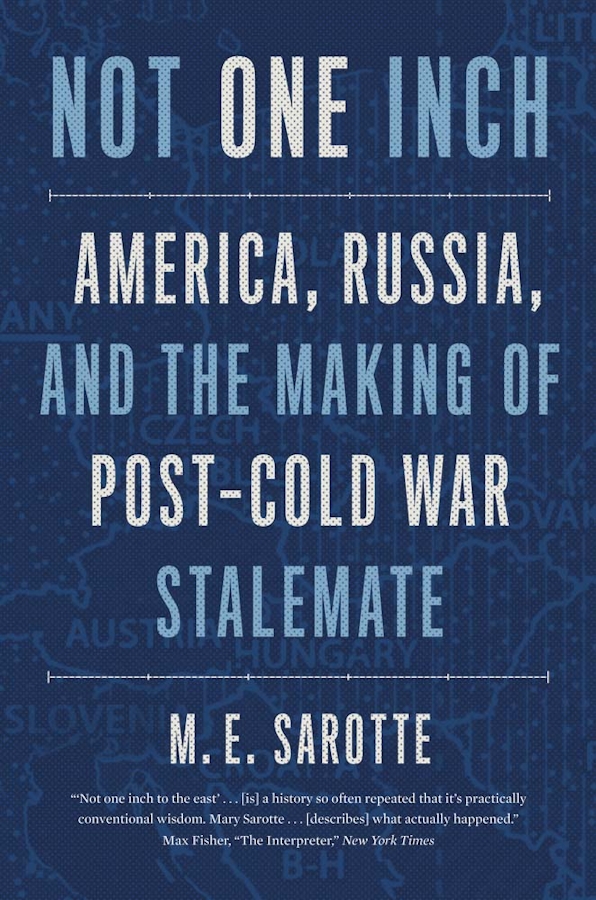The last thing Joe Biden must have expected upon fulfilling his dream of becoming president in January 2021 was that a year later he would face a Russian invasion of Ukraine and the largest armed conflict in Europe since World War II. This wasn’t supposed to happen. China was seen as the new threat. The Quad—the alliance of the US, Japan, India, and Australia, designed to contain Beijing’s geopolitical ambitions—was the main focus of Washington’s foreign policy. Now suddenly Vladimir Putin, keen to prove Russia’s status as a great power, was hell-bent on reconquering the second-largest republic of the former Soviet Union. The scope and brutality of his invasion has been shocking; yet to many of those old enough to remember the end of the cold war—when the USSR lay supine and a series of American presidents set out to expand (or as their aides put it, in an attempt to avoid accusations of neo-imperialism, “enlarge”) the NATO military alliance to include nearly every nation in Central and Eastern Europe that had been a vassal of the Kremlin for the previous half-century—the attack, at least initially, came as little surprise. In a sense, it was a backlash waiting to happen.
Not One Inch, M.E. Sarotte’s highly detailed, thoroughly researched, and briskly written chronicle of NATO’s expansion in the first decade after the end of the cold war, leaves the impression that Putin has a case for resenting how the United States and its allies took in the western parts of his country’s erstwhile empire—though not as good a case as he seems to believe. Sarotte, a professor of history at Johns Hopkins, takes her title from Putin’s frequent references to a “promise,” allegedly made by American leaders at the end of the cold war, not to expand NATO into the power vacuums of Central and Eastern Europe. “‘Not an inch to the east,’ we were told in the 1990s,” Putin said in a December 2021 speech. “They cheated us—vehemently, blatantly.”
But as Sarotte documents, the US made no such promise. On February 9, 1990, shortly after the Berlin Wall fell but before the Soviet Union imploded, James Baker, President George H.W. Bush’s secretary of state, met with Mikhail Gorbachev. The Soviet leader had no illusions that he could prevent the unification of East and West Germany, but he wanted assurances that the new German state would not be part of NATO, the US-led military alliance that was created in 1949 to contain the Soviet Union. West Germany had been a member of NATO since 1955; East Germany was a member of the Soviet-controlled Warsaw Pact. For the reunified German state to be a part of NATO would rub defeat a bit too harshly in the Russians’ faces. It might be better, Gorbachev said, to keep the new Germany neutral. Baker replied that a unified neutral Germany might not be in anyone’s interest, that it might even build its own nuclear arsenal. He asked, according to a transcript of the meeting:
